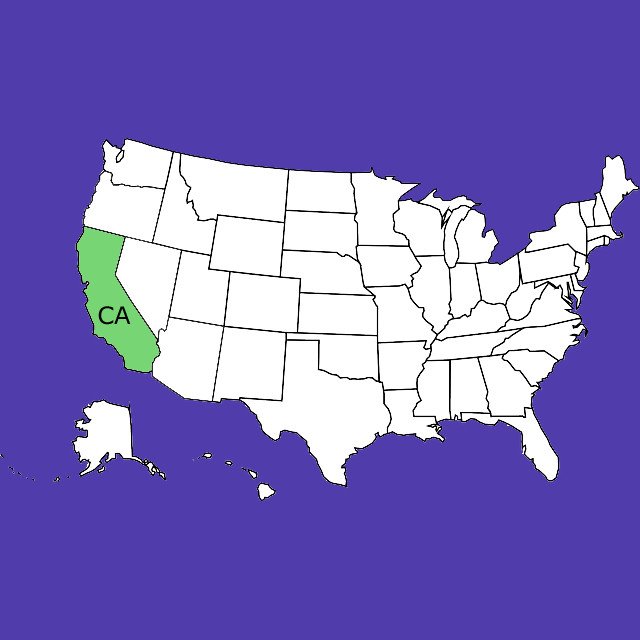As discussed in our recent alert on California’s 2023 Legislative Update, beginning Jan. 1, 2024, California employers will be prohibited from discriminating against employees for off-duty cannabis use. The bill, which Governor Newsom signed into law Sept. 18, 2022, adds Section 12954 to the Government Code. Employers have about a year to evaluate their workplace policies and testing protocols related to cannabis use.
Hashing Out the Details of AB 2188
Under existing California law, the Fair Employment and Housing Act (FEHA) protects an individual’s right to gain and hold employment free from discrimination, abridgment, or harassment on the basis of various protected classes, including race, religion, national origin, physical or mental disability, medical condition, marital status, sex, gender, age, and veteran status. The new law adds two cannabis-related categories that also will be protected from discrimination: (1) discrimination based on cannabis use “off the job and away from the workplace”; and (2) discrimination based on the results of an employer-required drug test finding a person to have “nonpsychoactive cannabis metabolites” in the person’s “hair, blood, urine, or other bodily fluids.” These two newly protected cannabis-related categories are unlike most currently protected categories stemming from one’s innate qualities rather than a lifestyle, choice, or behavior. However, with this addition, and the recent addition of “reproductive health decisionmaking” as a category protected under the FEHA, California employers may expect this trend continue.
Specifically, come Jan. 1, 2024, employers will be prohibited from taking adverse action against a person based on their recreational cannabis use outside of work. Employers will not be permitted to penalize or fail to hire a person – such as through setting employment terms, employment conditions or by termination – if such action or inaction is based on either of the specified cannabis-related categories. Employers are not prohibited, however, from hiring or employment decisions “based on scientifically valid preemployment drug screening” that excludes nonpsychoactive cannabis metabolites, and instead only tests for active cannabis metabolites that could impair the person at the time of the test. The pertinent cannabis metabolite – that causes impairment and psychoactive effects (i.e., feeling “high”) – is tetrahydrocannabinol (THC). It can remain in the body for up to several weeks after metabolization of the chemical compound, and after the psychoactive effects have fully dissipated. In other words, a person could have nonpsychoactive cannabis metabolites in their body but not be impaired presently. Although the new law does not expressly prohibit employers from requiring employees to take a drug test that screens for nonpsychoactive cannabis metabolites, it does prohibit employers from taking adverse action against an employee based on a test showing positive for nonpsychoactive cannabis metabolites. Therefore, to avoid unlawful discrimination under the new category, an employer-required drug test should screen for active impairment by the THC compound, not the leftover metabolites.
The new law, however, explicitly states it does not affect an employer’s rights or obligations to maintain a drug-free workplace. Nor does it permit an employee’s use or possession of, or impairment by, cannabis while on-duty. It also expressly excludes from the protected categories staff in construction or building trades, or positions requiring federal background investigations or security clearance, as specified. The new law also does not preempt state or federal laws requiring applicants and employees to be tested for controlled substances – or requiring a specific method of testing – as a condition of employment, or as a condition of receiving federal funding or federal licensing-related benefits or entering into a federal contract. These exclusions appear to be intended to account for federal laws that proscribe marijuana use, distribution, and possession.
Smoking Out the Future of AB 2188
Questions linger about what exactly constitutes cannabis use “off the job and away from the workplace” and what it means to be “impaired by” cannabis. The new law also does not define “nonpsychoactive cannabis metabolites,” other than to state these metabolites are stored in the body after THC is metabolized. Employers are also left guessing about whether harassment (distinct from discrimination) on the basis of these two cannabis-related categories is prohibited.
Employers should evaluate their existing workplace drug testing protocols before Jan. 1, 2024. Employers should implement and make decisions upon drug testing methods that screen for THC to detect active impairment, not nonpsychoactive cannabis metabolites. This is important because many drug tests do not distinguish the nonpsychoactive metabolites from the psychoactive ones. Newer alternative tests can measure impairment against one’s baseline performance or detect THC in one’s bodily fluids.
Employers should also consider how the new law impacts their current policies regarding accommodating employee cannabis use for medicinal purposes. Employee use of cannabis in their free time outside of work, however, will be virtually off-limits to employer consideration. Click here for more questions and answers on cannabis in the workplace.
Originally Published At The LexBlog Platform
California Will Soon Protect Employees’ Off-Duty Cannabis Use





